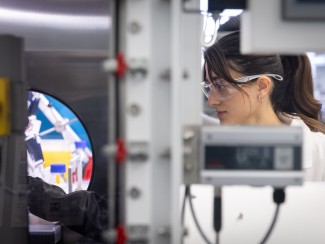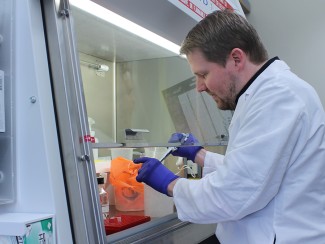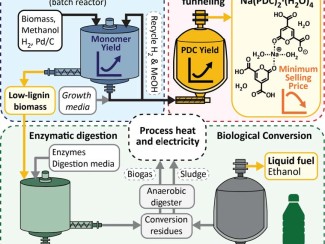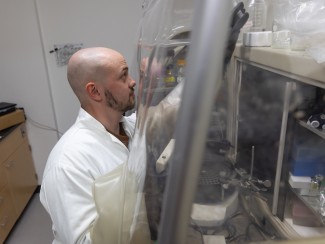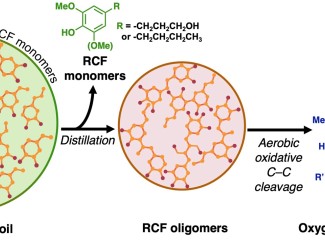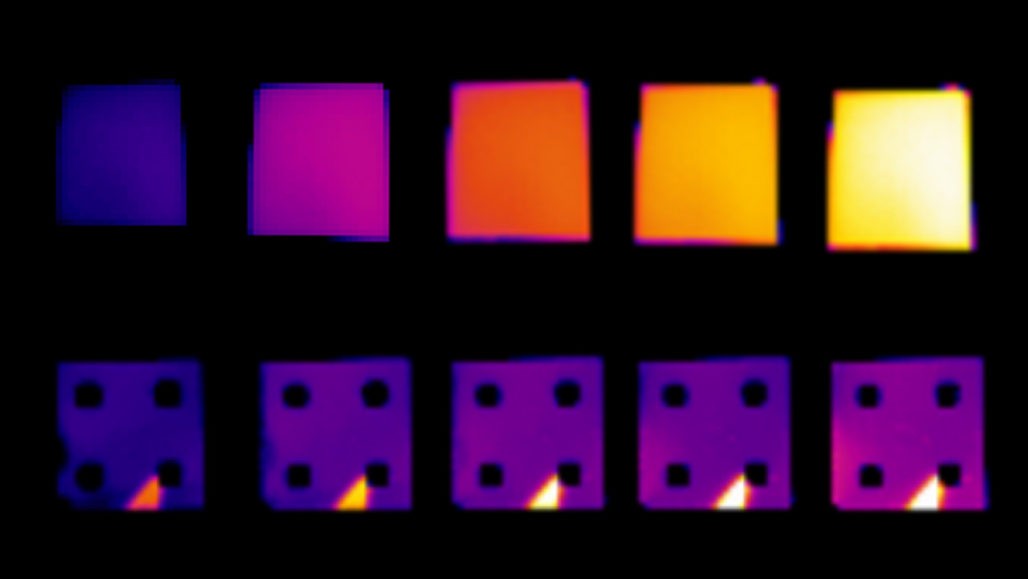
Media coverage of WEI in the past two months focused on the growth of solar energy, uranium enrichment, advancements in bioenergy, and new recycling technologies.
Solar's growth is hurtling ahead. China did that

E&E News
E&E News summarizes the massive gains in solar energy production China has made since 2000, which UW–Madison Professor of Public Affairs Gregory Nemet followed in his book "How Solar Energy Became Cheap: A Model for Low-Carbon Innovation."
Featured Researchers
Paul Wilson On Iran Uranium Enrichment

WORT 89.9FM
In the wake of news that Iran will no longer abide by uranium enrichment levels agreed upon in its 2015 nuclear deal, WORT's Shaun Soman spoke with UW–Madison Professor of Nuclear Engineering, Paul Wilson, about these levels and the history of Iran’s nuclear program.
Featured Researchers
This material could camouflage objects from infrared cameras

Science News
UW–Madison Professor of Electrical & Computer Engineering Mikhail Kats has bent the rules of physics: he created a special coating that doesn't increase its brightness at higher and higher temperatures. Science News Magazine covers the groundbreaking invention.
Featured Researchers
Bioenergy advancements and efforts at the GLBRC

Wisconsin Public Radio
GLBRC representatives Tina Nielsen and Vatsan Raman talk on the Larry Meiller Show about what a biorefinery would look like and learn just how microbes can convert plant matter into products we use every day.
Featured Researchers
Panel discusses benefits of biofuels over petroleum

The Badger Herald
The Badger Herald covers the Wisconsin Energy Institute's forum discussing the viability of biofuels and the bioproducts as replacements to more harmful types of energy.
Revolutionizing recycling: UW–Madison research team works to find better ways to reuse plastics

Channel 3000
UW–Madison Professor of Chemical & Biological Engineering George Huber is leading the research that he says could change the way we recycle one of the most wasteful products on Earth. Channel 3000 talks to Huber and his research team to find out how their technology might allow us to better handle plastic waste.
Featured Researchers

